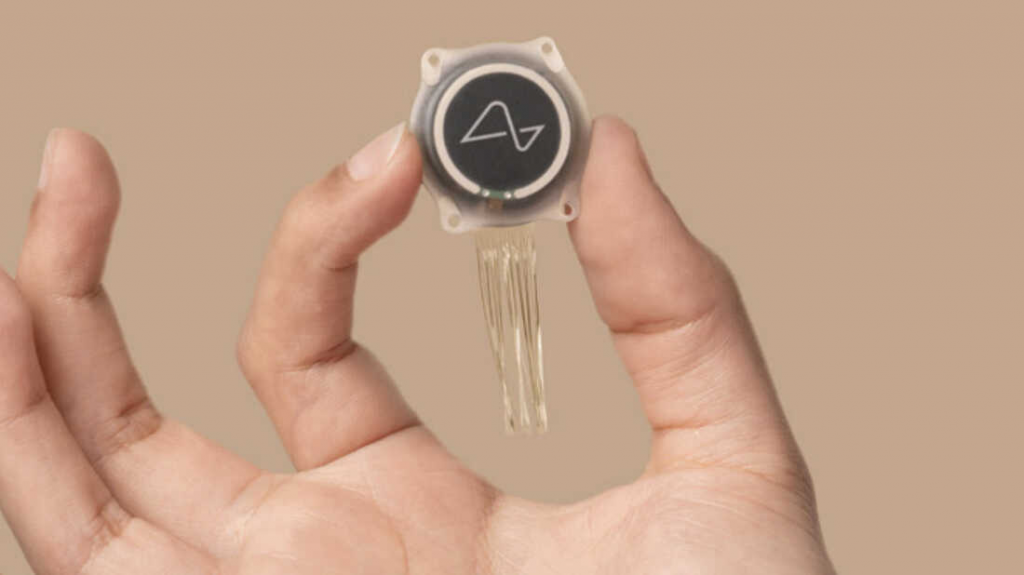Since 1947, a set of ten standards has existed to prevent harm to human subjects during clinical trials, following the infamous Nazi human experiments that took place during World War II in concentration camps. These horrific trials left many dead, and almost all survivors experienced permanent severe injuries. The crimes included transplantation, amputation, starvation, freezing and sterilization amongst others, and any victims who stood against the doctors were sent to the gas chambers. As much as it can be unanimously agreed that this is one of the greatest examples of brutal medical malpractice, it can be surprisingly difficult to unpack the ethics of using the collected knowledge in the 21st century for the advancement of modern health.

There are two major arguments against using the data obtained from the experiments. Over the years, the data has been used in multiple fields. I would like to focus on the Dachau freezing experiments, which are possibly the most controversial due to their prevalence in 20th-century research publications into the treatment of hypothermia. This involved ‘participants’ being submerged in tanks of ice water, some anesthetised, others conscious, to induce hypothermia, so that rewarming techniques could be tested on their efficacy and bodily responses. I use the term ‘participants’ extremely loosely, since this was done without consent, usually forced or under the false pretence of release from concentration camps.
Argument one considers the actual value of the data collected regardless of its ethics. Physician-scientist Andrew Ivy declared ‘Nazi experiments on humans were of no medical value’ at the Nuremberg war crime trials. However, recently, several investigators have suggested the Dachau study did produce credible data. Understandably, there is no ethical way to generate the data produced from this study, and important understandings on treating hypothermia could be life-saving. This is where argument two gains significance. The data gathered could potentially be considered ethically usable if it is for the greater good.
“The experiment should be such as to yield fruitful results for the good of society, unprocurable by other methods or means of study, and not random and unnecessary in nature“
– The Nuremberg Code
Conclusion
Now, the Dachau experiments completely go against all but one of the ten postulates of the Nuremberg Code. There was no informed voluntary consent, injury and suffering was certainly not avoided and there was absolutely no opportunity for the human subjects to terminate the trials. In every sense of the word, these experiments were not ethical. Whether they should have occurred is not up for debate. But since replication of these experiments is off the table, and lives could be saved with this knowledge, could it be suggested that the saving of lives is almost … honouring those who died and suffered? Equally, however, it could be argued that continuing to revoke their ability to consent is entirely dishonourable. In my opinion – in an ideal world, these experiments would never have happened. The 15,754 documented victims died needlessly. Despite this, if it can be agreed that the data collected is of scientific relevance and value, could be used for the greater good, and cannot be ethically replicated, this data should not go to waste, along with the legacy of the victims.

Very well written, with an excellent format and images. You’ve included interesting statistics and related it to personal ideas which…
This is a very well written blog, the format is as if you are talking directly to me. The ideas…
Love the Batman GIF :)
This is an excellent, well written blog. The narrative is engaging and easy to follow. It could be improved by…
This is a well-communicated blog. The it is written well with good use of multimedia. It could be improved with…